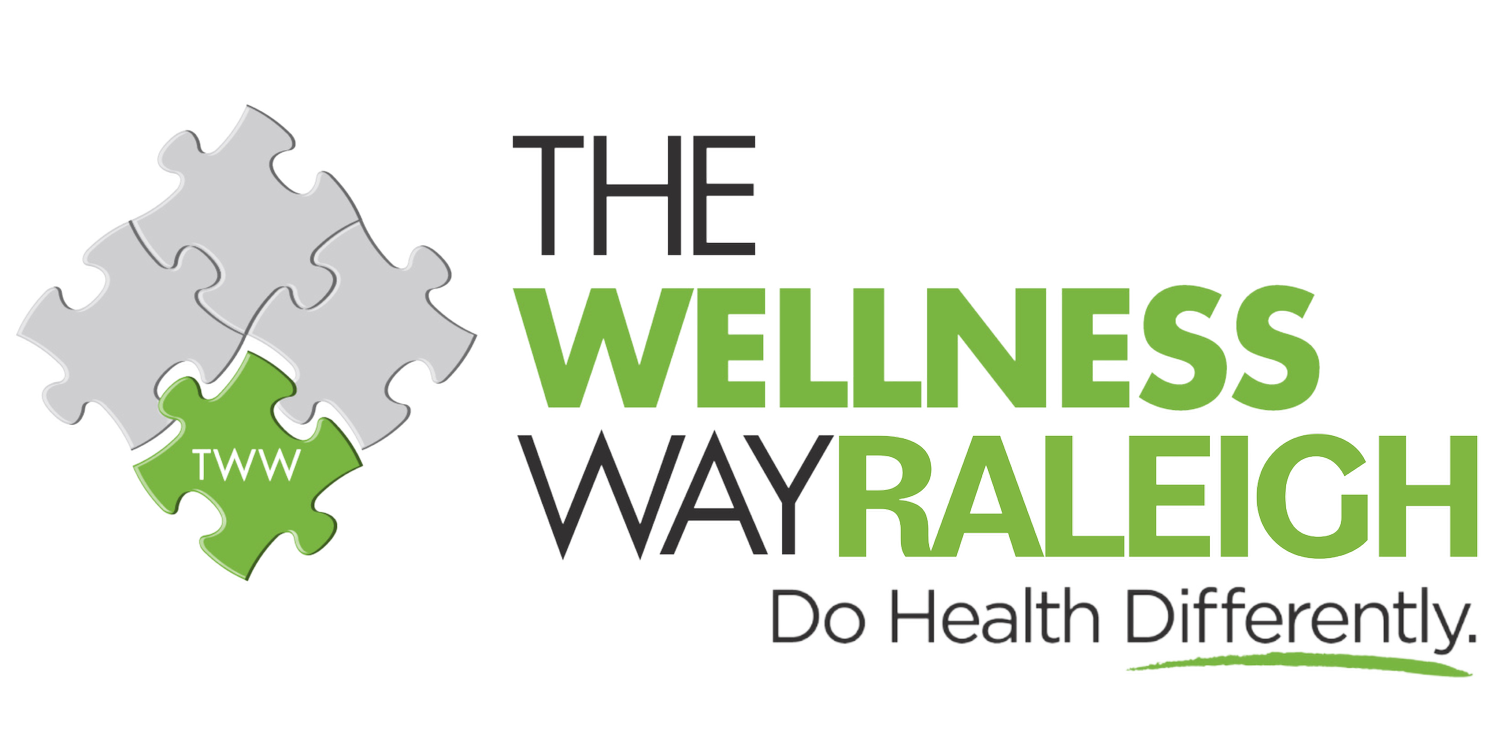Your Guide to Healthier Sugar Alternatives
Craving something sweet but want to stay on track with your health goals? Whether you're taking on a no-sugar challenge or just looking to reduce sugar intake, the good news is there are plenty of healthier, natural alternatives to sugar. Let’s dive into some popular options like stevia, monk fruit, and xylitol, and explore their benefits, uses, and considerations.
1. Stevia
What it is: Stevia is a plant-based sweetener derived from the leaves of the Stevia rebaudiana plant. It’s significantly sweeter than sugar but contains zero calories.
Health Benefits:
Zero Glycemic Impact: Great for those monitoring blood sugar levels, as it doesn’t cause blood sugar spikes.
No Calories: A great option for weight management.
Uses:
Add to coffee, tea, or smoothies.
Great for homemade salad dressings or sauces.
Considerations: Some people may find stevia has a slightly bitter or licorice-like aftertaste, so it may take some experimenting to find the right amount.
2. Monk Fruit
What it is: Monk fruit sweetener is derived from the monk fruit, also known as luo han guo. Like stevia, it is much sweeter than sugar and contains zero calories.
Health Benefits:
Antioxidant Properties: Monk fruit contains mogrosides, compounds that have antioxidant benefits.
Diabetes-Friendly: It doesn’t raise blood sugar levels, making it a great option for those with diabetes.
Uses:
Use in baking recipes that call for sweetness without sugar.
Mix into oatmeal, yogurt, or beverages.
Considerations: Monk fruit sweeteners are often blended with other ingredients like erythritol to balance sweetness, so always check the labels.
3. Xylitol
What it is: Xylitol is a sugar alcohol naturally found in some fruits and vegetables. It has about 40% fewer calories than regular sugar.
Health Benefits:
Dental Health: Xylitol has been shown to reduce cavities and promote oral health.
Lower Glycemic Index: It has a lower glycemic index than sugar, making it a better option for blood sugar control.
Uses:
Ideal for baking, especially cookies and muffins.
Can be used in homemade gum or mints.
Considerations: Xylitol can cause digestive upset in some individuals if consumed in large amounts. It is also toxic to dogs, so be cautious if you have pets.
4. Coconut Sugar
What it is: Coconut sugar is made from the sap of coconut palm trees and is minimally processed.
Health Benefits:
Lower Glycemic Index: Coconut sugar has a lower glycemic index compared to regular sugar.
Contains Trace Nutrients: It contains small amounts of nutrients like iron, zinc, and calcium.
Uses:
Works well in baking recipes as a direct sugar substitute.
Great for adding a caramel-like sweetness to coffee or oatmeal.
Considerations: Coconut sugar still contains fructose, so while it may be healthier than refined sugar, it should still be used in moderation.
5. Raw Honey
What it is: Raw honey is an unprocessed, natural sweetener made by bees.
Health Benefits:
Rich in Antioxidants: Raw honey contains beneficial enzymes and antioxidants.
Soothing for Sore Throats: Known for its soothing properties, it can help with cold and allergy symptoms.
Considerations: Although natural, honey is still high in sugar and calories, so it’s best to use sparingly.
6. Maple Syrup
What it is: Maple syrup is made from the sap of sugar maple trees and is minimally processed.
Health Benefits:
Mineral Content: Contains small amounts of manganese, calcium, and potassium.
Lower Glycemic Index: Has a lower glycemic index compared to refined sugar.
Uses:
Use in pancake and waffle recipes.
Add to smoothies, oatmeal, or homemade granola.
Considerations: Look for pure maple syrup rather than “maple-flavored” syrups, which often contain additives and high fructose corn syrup.
7. Dates and Date Syrup
What it is: Dates are whole fruits that can be blended into a paste or used as a natural syrup.
Health Benefits:
Fiber-Rich: Dates contain fiber, which can aid digestion and promote fullness.
Nutrient-Dense: Dates are packed with potassium, magnesium, and vitamins.
Uses:
Blend dates into smoothies or energy bites.
Drizzle date syrup over yogurt or desserts.
Considerations: Dates are still high in natural sugars, so moderation is key.
Replacing refined sugar with natural sweeteners is a small change that can have a big impact on your health. Whether you’re looking for a zero-calorie option or a nutrient-dense substitute, there’s a sugar alternative for every taste and lifestyle.

